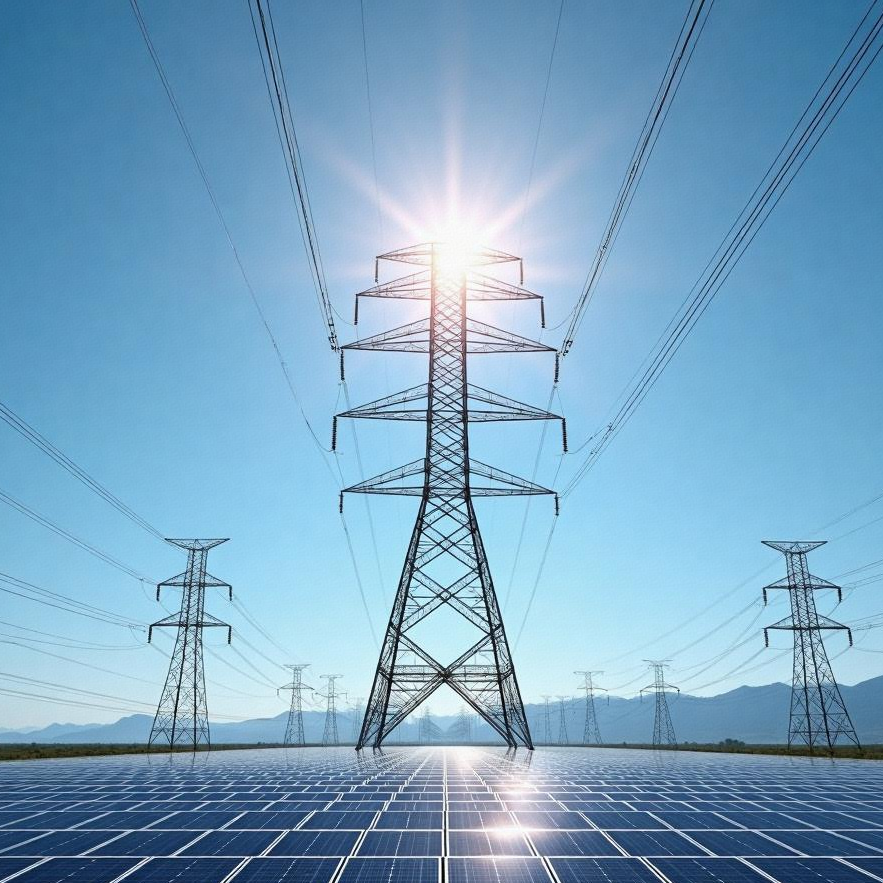The integration of smart grids is revolutionizing the energy storage landscape by enhancing efficiency, reliability, and sustainability. As electricity demand rises and renewable energy adoption increases, smart grids are playing a pivotal role in optimizing energy distribution and storage.

1. Enhanced Energy Management
Smart grids utilize advanced sensors, automation, and real-time data analytics to efficiently manage energy flow. These capabilities enable better demand-response strategies, ensuring that stored energy is used optimally during peak hours.
2. Increased Renewable Energy Utilization
By seamlessly integrating renewable sources like solar and wind, smart grids reduce reliance on fossil fuels. Energy storage systems store excess renewable energy and discharge it when demand is high, stabilizing grid operations.
3. Improved Grid Reliability and Resilience
Smart grids enhance energy storage by predicting outages, balancing loads, and enabling decentralized power generation. This results in a more resilient energy infrastructure capable of withstanding disruptions.
4. Cost Efficiency and Sustainability
Optimized energy distribution reduces wastage and enhances cost-effectiveness for consumers and utilities. Smart grids contribute to a greener future by reducing carbon footprints and promoting sustainable energy use.
As smart grids continue to evolve, energy storage systems will become more intelligent, scalable, and essential for a sustainable energy future. To learn more about the best energy storage solutions for your needs, contact Hicorenergy today.
-scaled.png)
